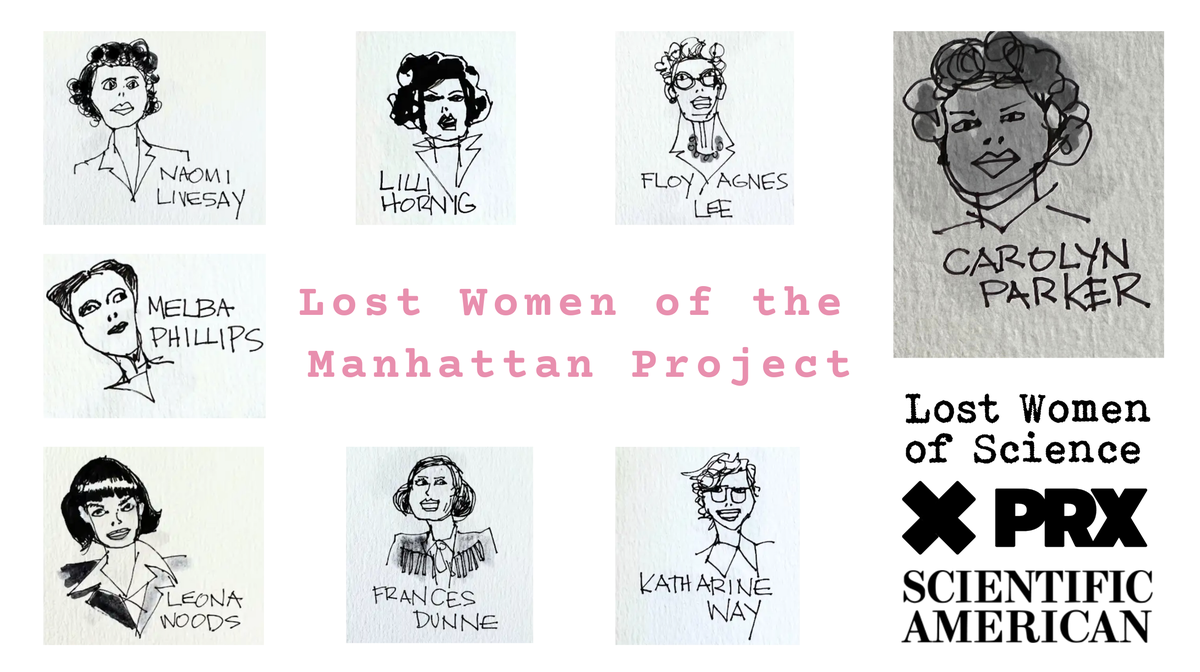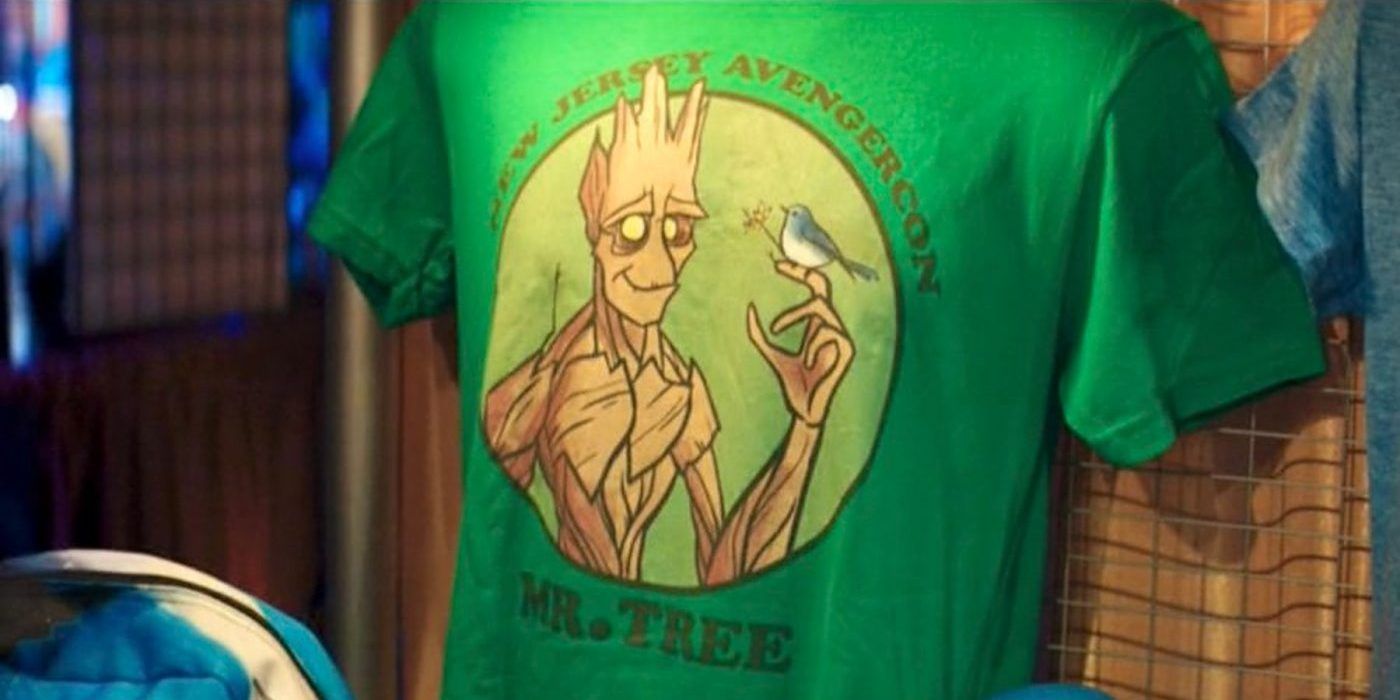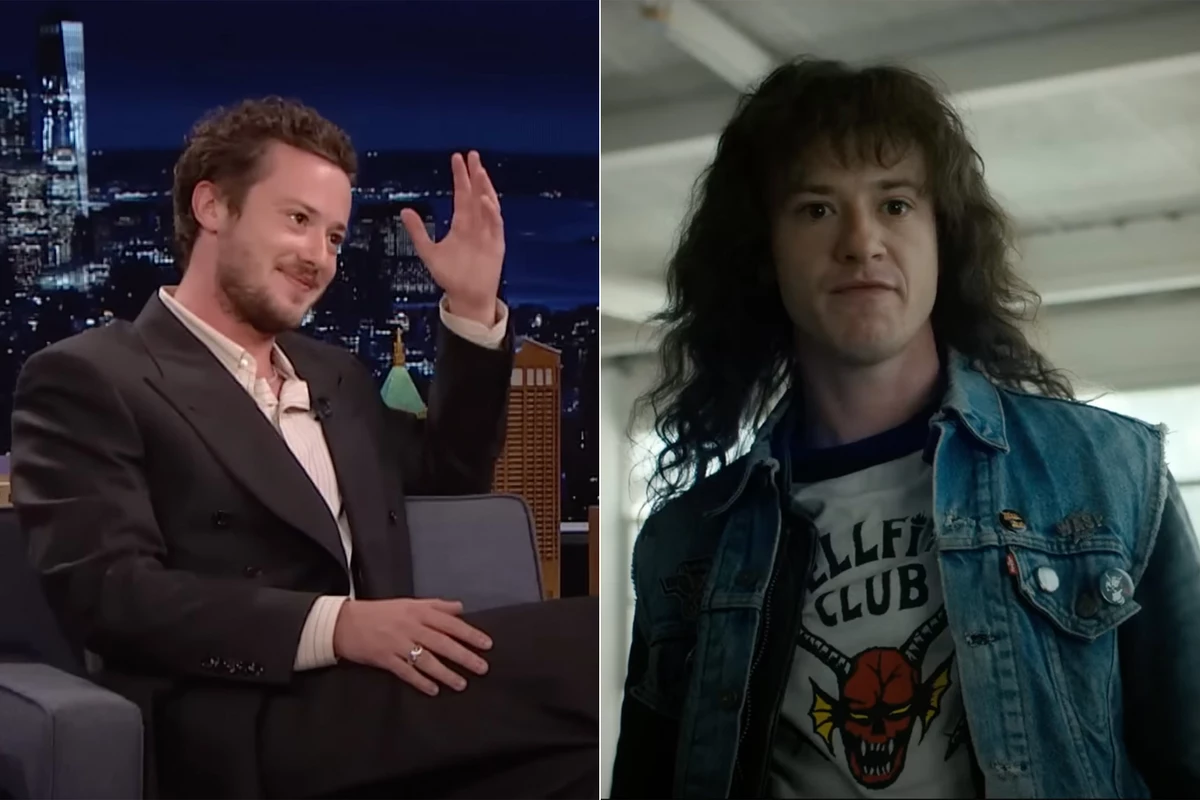Wrapping up an impressive list of honorees, the Santa Barbara International Film Festival aimed its tribute spotlight on the annual outstanding directors of the year program on Friday night at the Arlington Theater. A late-breaking cancellation by The Daniels, behind Everything Everywhere All at Once, pared down the onstage talent, but the leaner context placed more intensive focus on two directorial sensations from the 2022 film harvest, Todd Field (Tár) and Martin McDonagh (The Banshees of Inisherin).
There was much to talk about over the course of the 90-minute session onstage. Both directors are in key pivot points in their careers, and both have been graced by triple-threat Oscar nods, for best picture, best director and best screenplay categories. On the Oscar stats front, the evening’s moderator, The Hollywood Reporter’s Scott Feinberg, pointed out that each director had films leading actors to Oscar nominations — Field with six such assists and McDonagh with seven. (McDonagh gloated, jokingly, “How many did Todd get? I win by one.”)
Both directors were also familiar presences on the Arlington stage over the festival’s 10 days, appearing on the first weekend’s writers’ panel and as presenters for earlier tribute subjects. Field toasted his muse, Cate Blanchett, as the powerful and power-mad conductor anti-hero Lydia Tár, during her tribute night on Feb. 10; McDonagh presented to his two stars, Brendan Gleeson and Colin Farrell, subjects of the Cinema Vanguard Award tribute on Thursday night.
Field discussed his 16-year gap separating his previous film, 2006’s Little Children (following his acclaimed breakout film, 2001’s In the Bedroom) and Tár, saying it was partly due to raised standards in terms of workable budgets for his not-necessarily-commercial ideas. After the high profile earned by his first two films, Field said, “I set my sights pretty high. I understand production and what’s a reasonable amount of support you need to be able to execute something. It was easy to say ‘no’ to a lot of stuff, just because the cards weren’t right. If not, I’d rather stay home and be the Little League coach for my son.”
One of those projects was a collaboration with Joan Didion that would have involved Blanchett, a close encounter which endeared him to the Australian actress’ intelligence and breadth. Field noted, “The takeaway was coming into contact with one of the great minds, who it was exciting to talk about story with. When she looks at a piece of material, perhaps partly because of her theatrical background, she looks at the whole thing.”
“She’s not just focused on Tár. She wants to understand all of it; that was tremendous,” he continued. “Cate literally showed up on the first day of rehearsal and she had memorized the entire script as if it was Hamlet. I’m not just talking about the dialogue, but also the stage directions … and learned German and how to play Bach on the piano and how to conduct and how to have an American dialect.”
Feinberg posed the question of how much guidance Field gave to Blanchett in the film’s working process. Field paused, then joked, “Hmm, how much credit should I take? Are you taping this? She’s very active on the internet.”
He asserted that “division of labor is a dodgy proposition. At the end of the day, a director and an actor are people, and they’re talking. They’re trying to be prepared enough but also nimble enough and be at the pitch of perception to be able to make very tiny adjustments with each other. That’s ongoing and it starts early on. She’s a very good dance partner. Let’s put it that way.”
McDonagh worked in theater before moving over to film, although he claims that he far prefers the dynamics of cinema. Of his 10 intensive years in theater, McDonagh said, “I’ve learned about dialogue and storytelling. I try to make plays as cinematic as possible.”
Conversely, his films can have the intense inter-character dynamics of theater, as is the case with the darkly comic Banshees — custom-built for actors Gleeson and Farrell, who first teamed up and showed their camaraderie with McDonagh’s 2015 film In Bruges. “I love actors and trying to solve problems between us,” McDonagh said, adding, “I couldn’t coax a performance that wasn’t there. I just like to get out of the way.”
Joining the British director on the couch in the last part of the tribute, Field later pointed out that Harold Pinter’s work, in theater and for film, was an important influence on McDonagh. On the subject of whether he would ever direct the work of another writer, McDonagh shrugged and smiled slyly, saying “Probably not, although I’m kind of running out of scripts. Do you have anything laying around, Todd?”
At evening’s end, SBIFF’s executive director Roger Durling effusively sang the praises of each director, at one point asking Field, “Are you rolling your eyes, Todd?” Field shook his head, extending his hands in a “bring it on” gesture. Tongue was, at least partly, in cheek.
























































